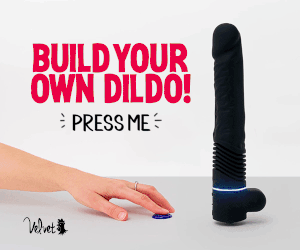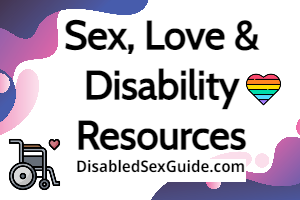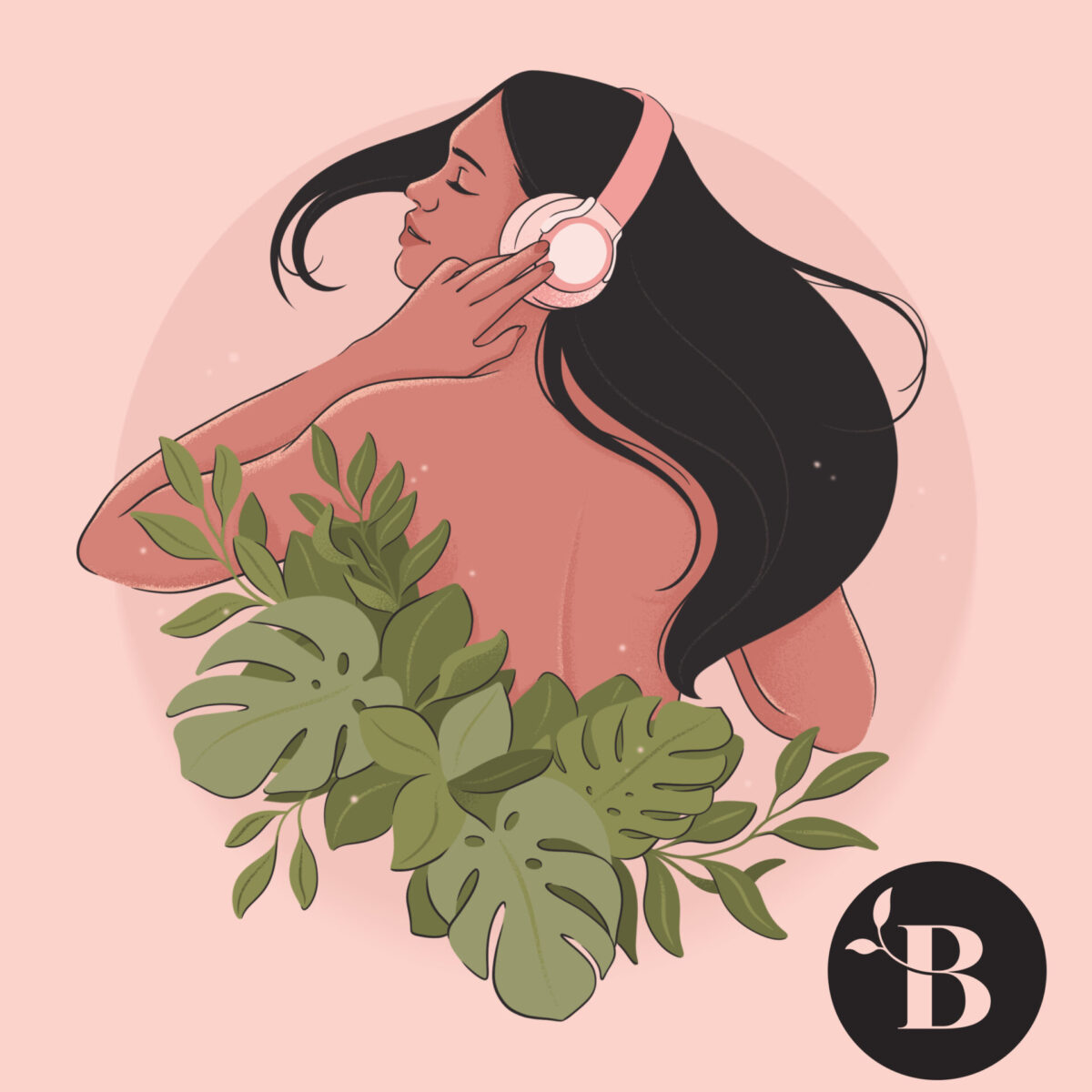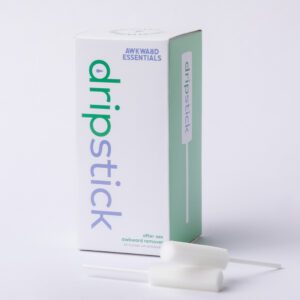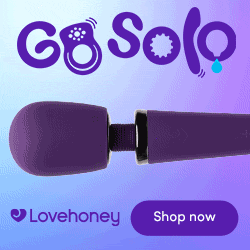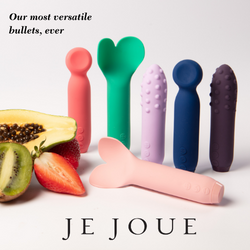Sex Education Programs for People with Intellectual Disability
SexForEveryBody.com is supported by our readers. We may earn a commission if you buy through links on our site. Learn more.
There are various sex education programs specifically designed for people with intellectual disabilities.
These programs aim to provide individuals with intellectual disabilities with accurate and age-appropriate information about human sexuality, relationships, and sexual health, while also addressing their unique learning needs and abilities. Some examples of sex education programs for people with intellectual disabilities include:
- “Teaching Sexual Health” by Alberta Health Services: This is a comprehensive sex education program developed for individuals with intellectual disabilities in Alberta, Canada. It covers a wide range of topics including body awareness, relationships, puberty, hygiene, contraception, and sexually transmitted infections (STIs).
- “Our Whole Lives (OWL)” by the Unitarian Universalist Association and the United Church of Christ: OWL is a lifespan sexuality education program that includes curricula specifically designed for individuals with intellectual disabilities. It covers topics such as human development, relationships, communication, consent, and sexual health in an inclusive and non-judgmental manner.
- “The Healthy Relationships Toolkit” by the ARC of the United States: This program is specifically designed for individuals with intellectual and developmental disabilities and focuses on promoting healthy relationships and preventing abuse. It covers topics such as consent, boundaries, communication, and self-advocacy, using interactive and accessible materials.
- “Let’s Talk About It” by Planned Parenthood: This is a program that offers sex education for individuals with intellectual and developmental disabilities. It covers topics such as body awareness, relationships, communication, consent, and reproductive health, using visual aids and simplified language.
It’s important to note that sex education for individuals with intellectual disabilities should be delivered with sensitivity and respect for their unique learning needs and abilities, and should be tailored to their level of understanding and developmental stage. It’s also crucial to involve caregivers, parents, and support staff in the process to ensure ongoing support and reinforcement of the learned concepts.
Related Read: LoveHoney Brings Sex Education to the Metaverse
Sex ed video game project
Rosie Contino, a graduate student at the University of Denver, is giving life to an educational video game that would teach sex ed and online safety to students with intellectual and developmental disabilities (IDD).
Supported by the Clinton Global Initiative, the project aims to lift the taboo surrounding the sexuality of disabled people and stereotypes that depict them as asexual or unattractive.
High abuse rates for people with IDD
Contino became passionate about IDD and sexuality issues after spending two summers in Guatemala as a special needs teacher while still in high school.
During this time, she realized that many students with IDD were clearly facing sexual abuse.
“We found that the problem is that students with intellectual and developmental disabilities are sexually abused at a rate that’s anywhere from three to 10 times more than the general population,” Contino said during an interview with DU Clarion.
People with intellectual disabilities are less likely to report sexual abuse due to the vulnerability implied by the disability itself, she added.
Contino’s dedication to the rights of people with IDD started long before the beginnings of the project.
Students with intellectual and developmental disabilities are sexually abused at a rate that’s anywhere from three to 10 times more than the general population.
Her brother has Sotos syndrome, a rare genetic disorder that causes delays in a child’s development.
For this reason, Contino participated in Best Buddies, Respite Care, and other programs that connected neurotypical students with young people with IDDs since middle school.
Why an online safety and sexuality game
The idea of creating a game derived from the need of presenting information in a concrete way, so it could be accessible to young folks with IDD.
“Saying something like, ‘When two people love each other very much, they can have private time.’ They’re [students with IDD] like, ‘Wait, what does that even mean?’ What does it mean that somebody loves another very much? What is private time? Private time could be the two of us right now doing this interview,” Contino said
Contino says sex ed curriculums currently available for students with IDD are outdated because they don’t tackle contemporary topics such as online pornography and gender identity.
To help make up for this lack of resources, the grad student clearly outlines the objectives and educational contents of the game.
They include modules that will teach students with IDD how to distinguish between safe and unsafe websites, the risks connected to online pornography, and how to share sex-related content on the Internet in an appropriate way.
Currently, Contino is looking for computer science students who would be able to implement said educational content in a real video game.
Her mentor on the project is Ritu Gwani, an Indian disability activist on a mission to help disabled women find work and start their own businesses. Gwani was assigned to the project by the Global Clinton Initiative.
More sex ed video games
Many sex education video games available are designed to teach players about various aspects of sexual health and relationships.
- “Planned Parenthood’s Roo: The Sex Ed Game”: This free online game is aimed at teenagers and covers topics such as healthy relationships, consent, and contraception. Players must navigate different scenarios and answer questions to advance through the game.
- “Serious Games for Health: STD Pong”: This game, which is available for free online, is a variation of the classic game Pong, but with a sexual health twist. Players must hit a ball back and forth while avoiding STDs that are floating around the screen.
- “PlayForward: Elm City Stories”: This interactive game is aimed at high school students and covers topics such as pregnancy prevention, STI prevention, and healthy relationships. Players must navigate different scenarios and make choices that will affect the outcome of the game.
- “Sexual Health Choices”: This online game is aimed at college students and covers topics such as consent, contraception, and STI prevention. Players must answer questions and make choices to advance through the game and learn more about sexual health.
- The Sensory Being Project”: This free mobile app is designed for people with sensory processing disorders and covers a variety of topics related to sexual health, including hygiene, relationships, and consent.
- “Know the Facts”: This online game, developed by Planned Parenthood, is designed for people with visual impairments. Players must navigate different scenarios and answer questions about sexual health and relationships.
- “ACCESS-ed”: This online resource provides a variety of resources and games to help people with disabilities learn about sexual health. The games cover topics such as anatomy, contraception, and STI prevention.
While these games can be a fun and engaging way to learn about sexual health, they should not be considered a substitute for comprehensive sex education or advice from a healthcare professional
Image sources: Rosie Contino
Miss Doll is the owner and writer of Miss Doll Sex Toy Reviews, an authoritative online space for pleasure product reviews, discussions about sexuality, sex-positivity, and ethical pornography.
She has reviewed products for Orion, Imtoy, The Dodil, Ann Summers, Nuei Cosmetics, ST Rubber, Zalo, only to name a few. She has extensive experience as a freelance copywriter, helping companies of all sizes boost their online presence with SEO-friendly product data sheets and blog posts. She also writes erotic fiction.
Miss Doll has had her work published in some of the best publications in the industry such as Cara Sutra, Girl on the Net, ChronicSex, Lelo’s Volontè blog, Lustery.com, as well as on the blogs of many Italy-based sex shops.



